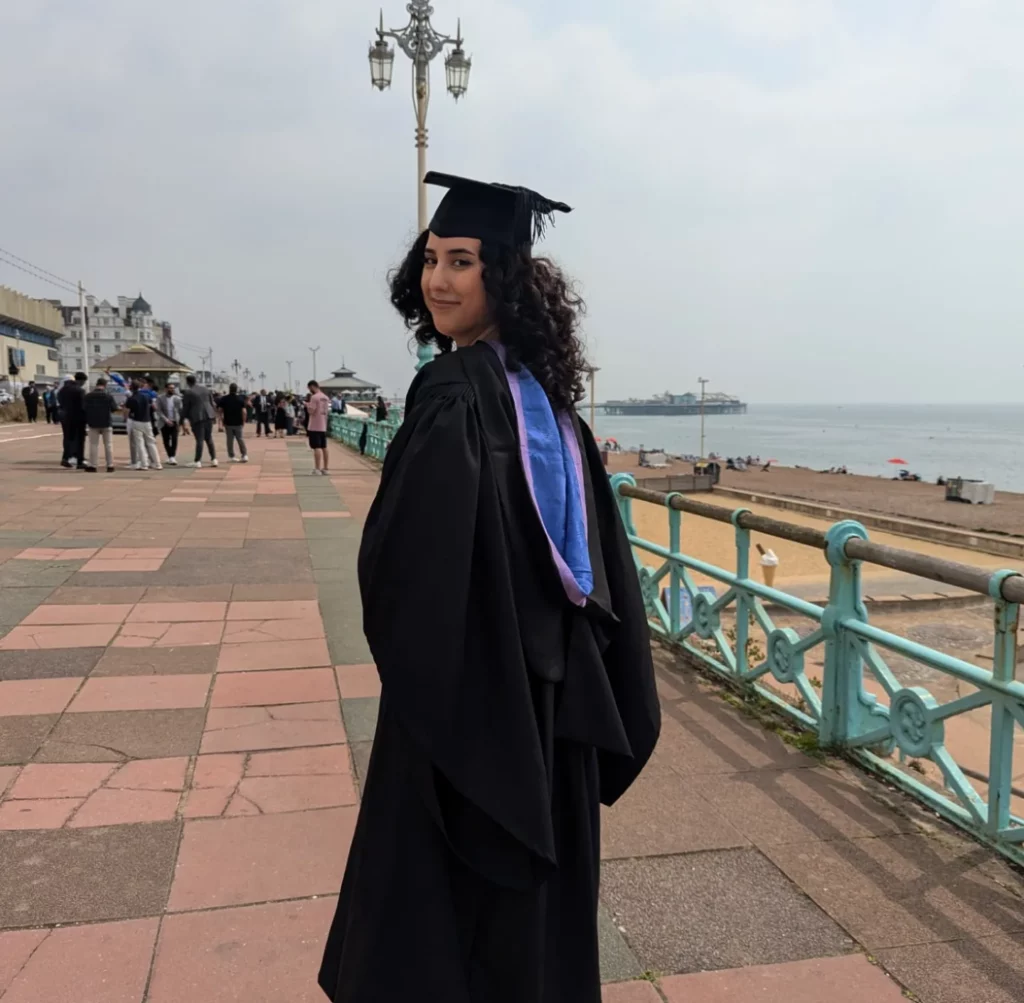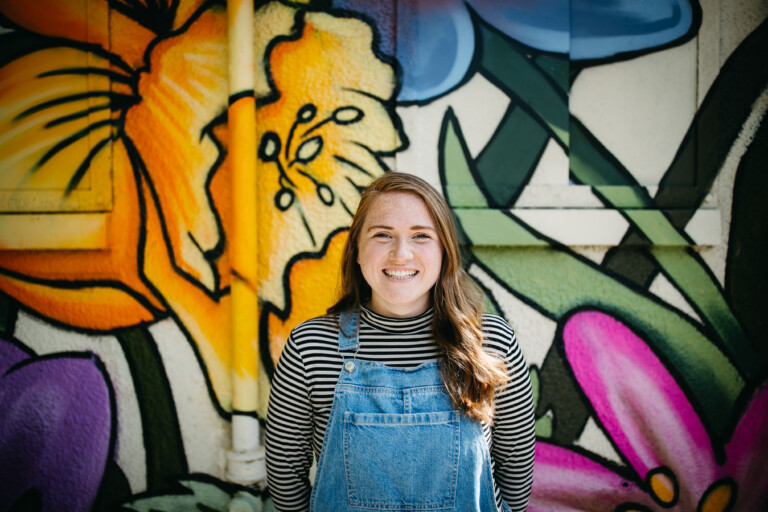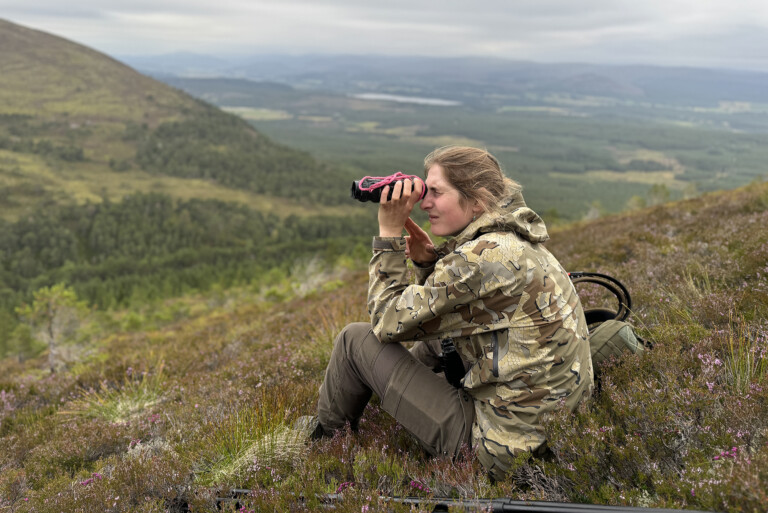Thinking of Studying at University? Here’s What You Need to Know First

This blog is written by Şeniz Mustafa. Şeniz is a recent master’s graduate who researched the white stork diet at Knepp Estate. She sits on the Butterfly Conservation youth panel and is the event coordinator for the Sussex Mammal Group. She is passionate about campaigning for inclusivity in conservation and creating informative content on social media (@senizdoesnature).
Deciding to apply for university is a big decision that can be overwhelming, and so in this blog, I am going to give you advice from my own experiences to help you make a more informed decision.
I chose to attend university because I wanted to explore topics that I was passionate about in a way I felt A-Levels didn’t provide. But truthfully, there was also a general expectation that everyone should pursue university, and I wasn’t aware of any alternative routes that exist today. University can benefit those seeking to gain knowledge for professions such as researchers, academics or consultants, but it’s not the only way to learn. Many thrive through hands-on experience in practical conservation roles, such as rangers, which are better suited to apprenticeships.
University or not?
There are many misconceptions about universities, for example, I felt immense pressure to achieve high grades in my A-Levels and attend a Russell Group university, and anything less felt like a failure. This is not the case.
A-Levels are incredibly challenging for young people and occur at such a transitionary stage in your life where you are expected to make life-altering decisions at such a young age. Personally, I excelled in my GCSEs but struggled in my A-Levels as I found it difficult to focus and regurgitate information. It wasn’t until later that I was diagnosed with autism, ADHD, and dyslexia, and so on reflection, we can see why that way of learning didn’t work for me.
So, it’s important you focus on universities that genuinely care about their students if you don’t get the grades you need for whatever reason. I found at my university, they accepted students from different situations, gave young people a chance to have resources they may never have had and gave them the tools needed to flourish. Some of them chose a foundation course, which can prepare them well for their degree and often allow students to excel more than their peers who enter directly.
University clearing
I went through the clearing process at 19 as I wrongly didn’t want to take on a foundation course, feeling I would be falling behind and delaying my start—though really that wasn’t the case as many of my peers started later too. What I did know was that I wanted to be in Brighton, and I organised my process through clearing on my own.
I chose to study ecology and conservation, and despite my nerves, I believe it was the right choice. In summary, even if you do not get the grades or something happens, know that you will still get to where you want to be, but just through a different route. And that’s exactly what I did.
What to look for in a university
When applying for a course, consider more than just rankings. Review the modules and look critically at whether they align with your interests and goals. I would recommend looking if the course is accredited, which ensures it covers the essential topics for a career in your sector.
In my experience, each year typically becomes more focused on your interest. This means in the first year, you will cover more general topics, and in the final year, you will create a project based on your own interests and passion. I recommend looking at courses that allow you to choose your own dissertation topic, as this is key to getting experience in managing your own projects that will look great on job or postgraduate applications.
Changing your mind
Another myth is that you can’t change your mind once you start your course. You absolutely can, especially if you undertake a foundation year and want to change courses. Personally, I chose in my second year to study for a placement year, and thankfully, escape the indoors that we were bound to in the COVID pandemic to work in environmental education, and that allowed me to discover my passion for birds and insects.
The following year, I transferred over to the integrated masters, and so I recommend finding a course that allows you to choose later so you can decide when you are more certain. For context, an integrated master’s is an undergraduate master’s, which can be more affordable. In my experience, it has been treated equally to other masters, and for me, it was the best decision I made during my time at the university. It meant I went on to research the diet of reintroduced white storks at Knepp Estate, and it was nothing short of fantastic.
So, there is no rush to decide now. Just make sure you know what options your university of choice offers.
Work experience
Having a degree can be great for academic experience and they are often required for many conservation jobs. However, many positions also require practical experience gained through volunteering or internships. I suggest starting to volunteer early on at university and building relationships with local organisations to enhance your experience and make you a stronger applicant. Try to gain experience in a few areas you are interested in as this can expand your career options once you graduate.
However, something I wish I had said to myself when I was applying is that after graduation, you will need patience. Most graduates, like myself, do not find jobs immediately as there is intense competition due to the lack of entry-level jobs. It’s a good idea to find a local job part-time and continue volunteering and gaining experience until you can find something more permanent.
When applying for jobs, try to spend more time on a few good applications than many that you have spent less time on. Remember that every interview means more experience for the next, even if you don’t get the job. Consider it practice.
To round up, no matter what you choose, just remember to be kind to yourself and show your passion. It might take you more time or less time to find your career, but we are all on our own individual journeys and you will get to where you want to be in the end.
Latest Blog Posts
An Information Session for Parents (25 June)

Sustainability, Science, and Social Media: Q&A With Laura Young

Midges, Grallochs and Sunrises: My Year as a Trainee Deer Stalker

